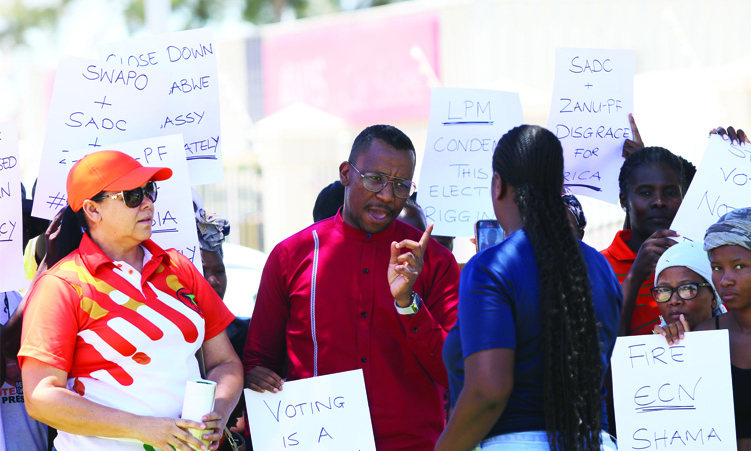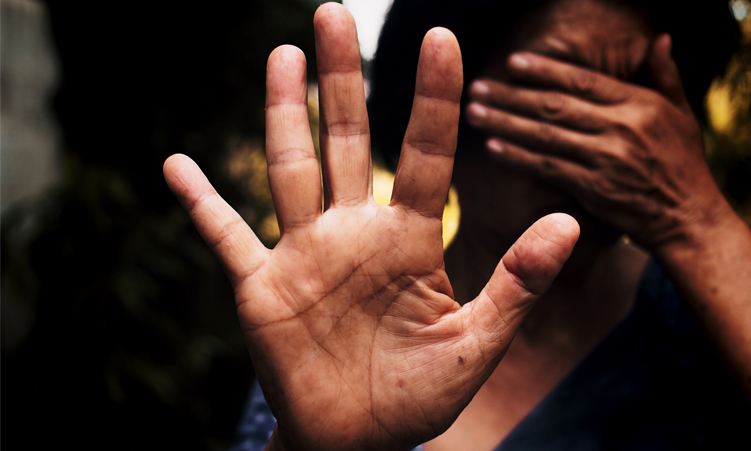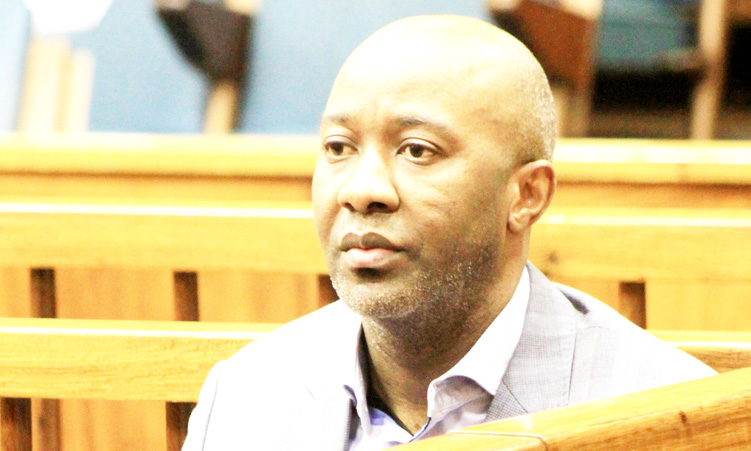• ANDRÉ DU PISANI and RUI TYITENDETHE VOTING by Namibia on the recent United Nations General Assembly resolution on Ukraine underlined the ideological and strategic incoherence of the country’s foreign policy and relations, and the limits of non-alignment in the 21st century.
For Namibia it raised a number of important questions, some of which we consider here.
The five principles of our foreign relations form part of the Constitution, as amended, and are embedded in article 96.
These are: Adopting and maintaining a policy of non-alignment; promoting international cooperation, peace and security; building just and mutually beneficial relations among nations; fostering respect for international law and treaty obligations, and encouraging the settlement of international disputes by peaceful means.
All foreign policies and relations are historical and social constructs. In Namibia’s case, foreign policy mirrors a pre-independence imprint that manufactures consent harking back to the former liberation struggle, informed by a seam of thinking consisting largely of a pastiche of clichés, harking back to pre-independence.
As a small state, the country’s international influence on matters such as terrorism, regional conflicts, humanitarian crises and climate change will not be determined by moral considerations, but by the geopolitics at a particular point in time. In ideological terms, the country has a policy and diplomatic practice based on the constructs of neo-realism, and ‘democratic peace ‘ within the corset of a Neo-Liberal International Order (NLIO).
HISTORY AND POLITICS
In a normatively grounded rendition, Henning Melber argued that Namibia’s history of liberation and its “affinity to the United Nations as the facilitator of diplomacy and mediation towards Namibian independence” should “oblige differently” (The Namibian, 8 March 2022).
Why then did Namibia abstain on the recent UN General Assembly vote on Ukraine?
Why is it that the ‘presidential diplomacies ‘ and multilateralism that Alfredo Hengari wrote about lyrically (The Namibian, 25 February 2022), all too rarely translate into tangible benefits for the country’s citizens?
Is the government’s understanding of politics and policy deficient?
Or is ‘development ‘, understood as comprising ‘projects ‘ of differential magnitude, even if some perpetuate activities that sustain the unsustainable? Or is Namibian politics about resource mobilisation by the elite largely in the interest of the elite?
Is our foreign policy preeminently neo-realist, based on narrow, short-term economic interests of the political class and their clients, based on a simplistic, antiquated understanding of sovereignty and non-alignment?
ALTERNATIVES
The French philosopher Alain Badiou proposes that politics should be understood in terms of the production of truth and the promotion of equality.
Political action, policy and, by extension, diplomatic practice, should be rethought through what philosophers call ‘thought experiments ‘ (aka Gedanken experiments) that can bind discussions, speech acts and promises to decision and action.
Such a process is complex as it implies difficult trade-offs. For example, it is widely accepted that Namibian foreign policy is a reflection and extension of domestic policy, but what type of development should be privileged to ensure greater equality and justice in one of the world’s most unequal societies?
What should the link be between foreign policy and national development? How should the ‘national interest ‘ and ‘national security ‘ be recast in a context of deep change and uncertainty?
A useful starting point could be to ask what politics and policy are, and what their purposes should be. Further questions could be: How to make the state less indifferent to justice, fairness and equality?
Given that Namibia prides itself on progress in terms of gender equality and representation, how would a feminist foreign policy look?
How in political praxis can government and other non-state actors best respond to challenges of ensuring just, affordable and environmentally and socially fair provision of education, public health, water, energy, food, jobs, social protection and disaster management in a context of high fragility?
How would a new social contract look that provides for democratic deliberation, political action and justice? Which bilateral and multilateral relations productively support or could support the country’s development agenda?
What new alliances and partnerships with African and other successful small and medium powers should be built?
Since foreign policy is rarely critically debated in parliament, what role is there for parliament to meaningfully contribute to policy design and accountability?
CONCLUSION
Our foreign policy and relations require an audit of what has been achieved since independence so as to meaningfully reposition the country to better understand the global fault lines of ideas, alternative development paths and regional and global fractures.
It is high time for our policy makers and diplomats to learn through new post-colonial lenses. What place is there for corporate, environmental, health, science, maritime, sport and cultural diplomacy in such a framework? How can Namibia move away from a development agenda that continuously recycles old wine in new bottles?
* André du Pisani is emeritus professor and Rui Tyitende lecturer in politics at the University of Namibia. Both authors have a scholarly interest in ethics, conflict, security and human development and have been involved in policy design relevant to these policy domains. The views expressed in this article do not represent those of their employer.
Stay informed with The Namibian – your source for credible journalism. Get in-depth reporting and opinions for
only N$85 a month. Invest in journalism, invest in democracy –
Subscribe Now!






